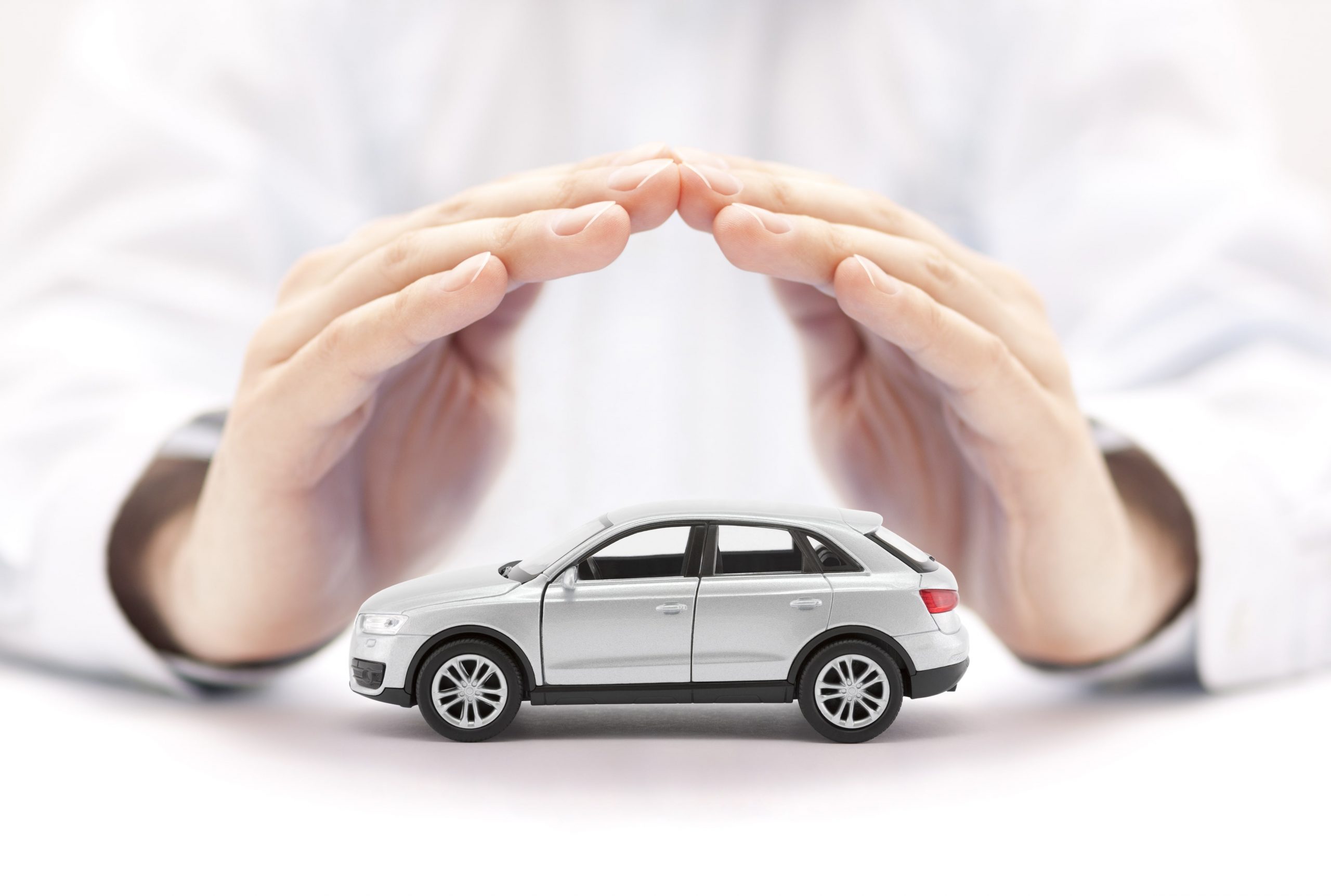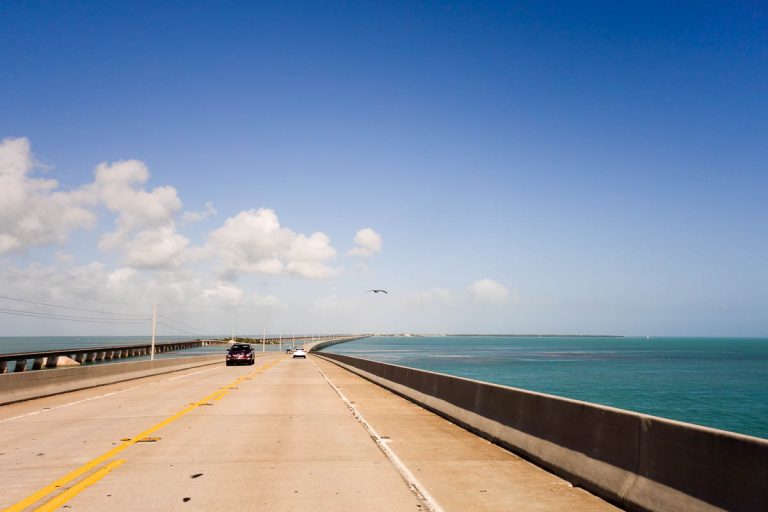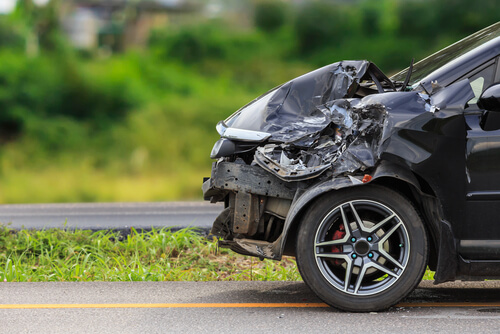If you’re driving in Florida, you need to understand Personal Injury Protection (PIP) and Property Damage Liability (PDL) insurance—not just because the law says so, but because not knowing the details could leave you financially exposed after an accident.
I’ve seen firsthand how many accident victims don’t realize their coverage gaps until it’s too late. People assume PIP will cover all their medical expenses—but that’s not how it works. Others think PDL protects their own car, when in reality, it only covers damage to someone else’s property.
So, whether you’re registering a car, buying insurance, or dealing with an accident, this guide will give you the straight facts—so you can make informed decisions about your coverage.
What Are PIP and PDL Insurance? (And Why You Need Them)
Florida operates under a no-fault insurance system, which means your own insurance covers certain expenses after an accident—regardless of who was at fault. That’s where PIP comes in. But PIP only handles medical expenses—not property damage. That’s where PDL comes into play.
Let’s break them down.
Personal Injury Protection (PIP) – Coverage & Limitations
- Covers medical expenses and lost wages, regardless of fault.
- Pays up to 80% of medical bills and 60% of lost wages, up to $10,000
- Provides limited death benefits for fatal accidents
🚨 Limitations & Problems:
- Does NOT cover vehicle repairs or damage to another driver’s car
- $10,000 is NOT enough for serious injuries—one ER visit can wipe it out
- Hospitals bill PIP first before your health insurance—leaving you with out-of-pocket costs
Real-World Issue
Many drivers think PIP covers everything after an accident. It doesn’t. In fact, if your medical bills exceed $10,000, you’ll be on the hook for the rest—unless you have additional coverage like Bodily Injury Liability (BIL) or Medical Payments (MedPay).
Property Damage Liability (PDL) – What It Covers
- Covers damage you cause to another person’s vehicle or property
- Minimum required coverage: $10,000
- Includes damage to fences, buildings, street signs, and other structures
🚨 Limitations & Problems:
- Does NOT cover your own car—collision insurance is separate
- If you hit a high-end vehicle, $10,000 may not be enough to cover damages
- If you cause a major accident, you could be sued for additional costs
Real-World Issue
Let’s say you rear-end a luxury car. If the repairs cost $25,000, and you only have $10,000 in PDL, guess what? You’re personally responsible for the remaining $15,000. That’s why many people opt for higher coverage limits beyond the minimum requirements.
Is PIP and PDL Insurance Required in Florida?
Short answer: YES.
If you own a vehicle registered in Florida, you are legally required to carry:
- $10,000 in Personal Injury Protection (PIP)
- $10,000 in Property Damage Liability (PDL)
Florida’s insurance laws aren’t just about checking a box for registration—they exist because Florida is a no-fault state. This means that after an accident, you first turn to your own insurance to cover medical bills and property damage—regardless of who caused the crash.
But here’s where people get in trouble: meeting the legal requirement doesn’t mean you’re actually protected in an accident.
What Happens If You Don’t Have PIP and PDL?
🚨 License & Registration Suspension – The Florida DMV can suspend your license, plates, and vehicle registration for up to three years.
🚨 Expensive Reinstatement Fees – To get your driving privileges back, you’ll need to pay $150 to $500 in reinstatement fees.
🚨 No Hardship Licenses for Insurance Violations – Unlike a DUI suspension, Florida does not offer hardship licenses if your license is suspended due to lack of insurance. That means you won’t be able to drive at all until you fix the issue.
📌 Real-World Example: Imagine your insurance lapses for just one month, and you’re pulled over. Even if you weren’t in an accident, you could immediately lose your license—and pay hefty fees to reinstate it.
What If You’re Moving Out of Florida?
🚗 Do NOT cancel your Florida insurance before registering your car in your new state. If Florida sees that your insurance was canceled while the car is still registered, your license could still be suspended.
Best Practice
- Register your car in your new state FIRST.
- Cancel your Florida insurance AFTER your new registration is active.
- Return your Florida license plate to the DMV.
Failing to do this could lead to unexpected fines and a license suspension—no matter where you live.
Florida’s No-Fault Insurance System – What It Means for You
Florida’s no-fault insurance system is one of the most misunderstood aspects of auto insurance in the state. Many people assume that if another driver causes an accident, their insurance should cover everything—but that’s not how it works in Florida.
Here’s the reality.
No matter who caused the crash, your own insurance covers your initial medical bills. That’s why Personal Injury Protection (PIP) exists—to provide quick payments for medical expenses without having to prove fault.
But here’s where things get complicated.
“Why Do I Need PIP if I Wasn’t at Fault?”
No-Fault = No Lawsuits for Minor Injuries
Florida’s no-fault system was designed to prevent small claims lawsuits for minor accidents. Instead of waiting for a court to determine fault, your own PIP insurance kicks in immediately to cover medical expenses and lost wages (up to $10,000).
Even If Another Driver Causes the Crash, Your PIP Pays First
This means that if someone rear-ends you at a stoplight, you can’t immediately file a claim against them for medical bills. Your own PIP pays first, and you can only sue for additional damages if your injuries meet Florida’s serious injury threshold (more on that below).
🚨 But There’s a BIG Catch…
PIP’s $10,000 Limit is Often NOT Enough
$10,000 in medical coverage barely scratches the surface if you’re seriously injured. One ambulance ride, ER visit, and imaging scan could wipe out your PIP limit instantly.
That’s why many Florida drivers choose to add Uninsured Motorist (UM) coverage or Bodily Injury Liability (BIL) insurance to protect themselves in serious crashes.
When Can You Sue the At-Fault Driver?
While no-fault insurance prevents small lawsuits, you can sue the other driver if your injuries are classified as “serious” under Florida law. This includes:
- Permanent injuries
- Significant scarring or disfigurement
- Permanent loss of a bodily function
- Fatal injuries (wrongful death claims)
If you meet these criteria, you can pursue compensation beyond your PIP limit—but you’ll need an attorney to help you navigate Florida’s complex insurance system.
Is PIP & PDL Insurance Enough?
If there’s one thing I’ve learned from working with car accident victims, it’s this: Most people don’t realize how underinsured they are until it’s too late.
Florida’s minimum insurance requirements—$10,000 in Personal Injury Protection (PIP) and $10,000 in Property Damage Liability (PDL)—might meet legal standards, but they won’t fully protect you in a serious accident.
Here’s why:
🚨 Medical Bills Pile Up Quickly – One ER visit can exceed PIP’s $10,000 cap, leaving you to pay the rest out of pocket.
🚨 You Can’t Sue for Minor Injuries – Florida’s no-fault system prevents you from suing the at-fault driver unless your injuries are severe.
🚨 Your Car Isn’t Covered – PDL only covers damage to other people’s property, so if your car is wrecked, you’re on your own unless you have collision coverage.
🚨 Uninsured Drivers Are Everywhere – Nearly 1 in 3 Florida drivers is uninsured or underinsured, meaning they have little or no coverage to pay for your damages.
Need Legal Advice After an Accident?
If you’ve been in a crash and don’t know what your insurance actually covers, you’re not alone. Applebaum Accident Group is here to help.
✅ We connect you with top-rated attorneys who know how to maximize your insurance payout and fight for what you deserve.
✅ We help accident victims understand their rights, avoid costly mistakes, and secure the best possible outcome for their case.
📞 Contact Applebaum Accident Group today—because you shouldn’t have to figure this out alone. 🚗⚖️





